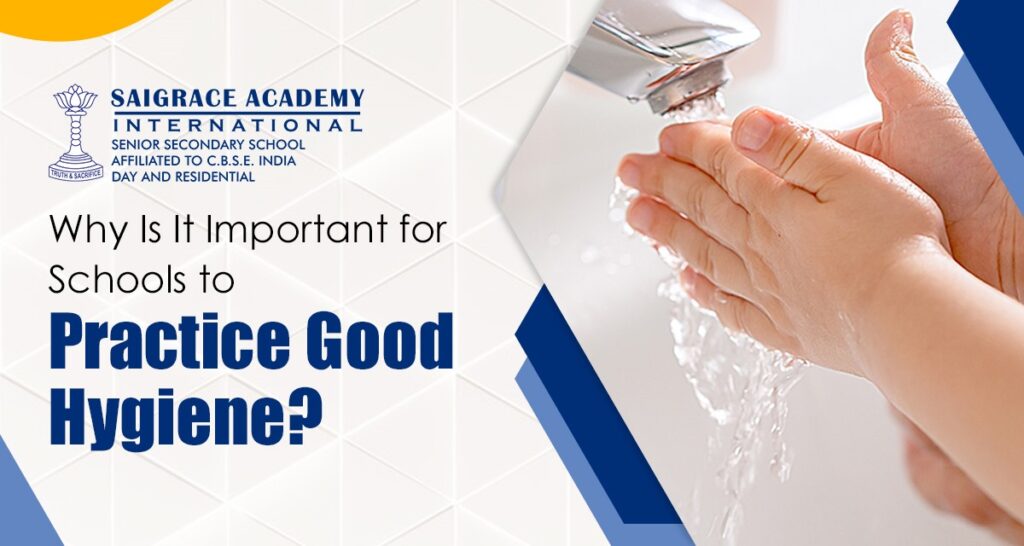
Hygiene isn’t just about being clean but about keeping ourselves healthy and feeling good.
For schools, making sure we all practice good hygiene is super important because it helps keep everyone – students, teachers, and staff – safe and healthy, which is really important for learning.
Thus in today’s blog, we’re going to talk about why it’s so important to keep things clean in schools and how it helps everyone stay healthy and do their best, so stick around to find out more!
Why Is It Important to Practice Good Hygiene in Schools?
To Prevent the Spread of Illness
Schools are breeding grounds for germs and bacteria, with students and staff coming into close contact with each other on a daily basis.
Good hygiene practices such as handwashing, covering coughs and sneezes and disinfecting surfaces, can help prevent the spread of illness-causing pathogens.
By reducing the transmission of infectious diseases like colds, flu and stomach bugs, schools can minimize absenteeism among students and staff and ensure continuity in learning and productivity.
To Promote Personal Health and Well-being
Practicing good hygiene habits promotes personal health and well-being among students and staff. Regular handwashing, proper oral hygiene and maintaining clean personal belongings help prevent the spread of infections and diseases and thus keep individuals healthy and happy.
When students feel physically well, they are better able to focus on their studies and participate actively in classroom activities which in turn leads to improved academic performance and overall success.
To Create a Safe and Clean Environment
A clean and hygienic school environment is essential for creating a safe and welcoming atmosphere conducive to learning. Regular cleaning and disinfection of classrooms, restrooms, cafeterias and common areas help eliminate germs and allergens and thus reduce the risk of illness and injury.
Cleanliness also fosters a sense of pride and respect for the school community which in turn encourages students to take ownership of their surroundings and maintain good hygiene practices both at school and at home.
To Teach Lifelong Habits
Schools play a vital role in shaping students’ behaviors and habits (including their approach to hygiene). By emphasizing the significance of proper hygiene practices from an early age, schools assist in building lifetime habits that benefit a child’s overall health and well-being.
To Support Social and Emotional Development
Good hygiene practices not only benefit physical health but also support social and emotional development. Maintaining personal hygiene instills confidence and self-esteem in students which enables them to interact confidently with their peers and participate in social activities without fear of judgment or stigma.
A clean and hygienic environment fosters a sense of comfort and security and thus promotes positive relationships and emotional well-being among students and staff.
To Build a Culture of Respect and Responsibility
Practicing good hygiene is not just about personal health; it’s also about respecting the health and well-being of others.
By adhering to hygiene guidelines and demonstrating consideration for their peers and teachers, students learn the importance of respect and responsibility towards the larger school community.
To Meet Legal and Regulatory Requirements
Schools are required to adhere to various legal and regulatory standards related to health and safety including hygiene practices. Failure to maintain good hygiene standards can result in legal liabilities, fines and reputational damage for schools.
However, by implementing proper hygienic guidelines (as per local health regulations), schools can ensure compliance with legal requirements and demonstrate their commitment to providing a safe and healthy environment for students, staff and visitors.
Wrapping It Up
Practicing good hygiene in schools is essential for protecting the health and well-being of students, staff and the broader school community. And now that you know it, let’s make a promise to prioritize good hygiene practices in schools to ensure the health, safety and success of your fellow students and staff.

